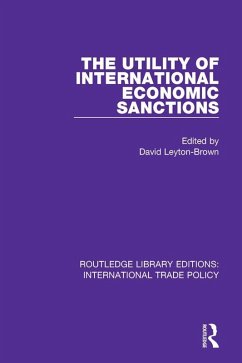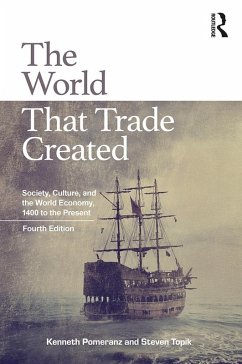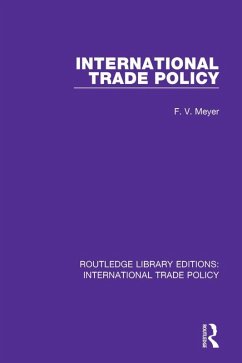
International Crisis Management (eBook, ePUB)
The Approach of European States
Versandkostenfrei!
Sofort per Download lieferbar
45,95 €
inkl. MwSt.
Weitere Ausgaben:

PAYBACK Punkte
23 °P sammeln!
Over the past fifty years, crisis management has become essential to achieving and maintaining national security. This book offers a comparative analysis of the preconditions and constraints nine European states place on their participation in international crisis management operations and the important consequences of such decisions, and provides a theoretical framework to help the reader understand this complex decision-making process.
Dieser Download kann aus rechtlichen Gründen nur mit Rechnungsadresse in A, B, BG, CY, CZ, D, DK, EW, E, FIN, F, GR, HR, H, IRL, I, LT, L, LR, M, NL, PL, P, R, S, SLO, SK ausgeliefert werden.













